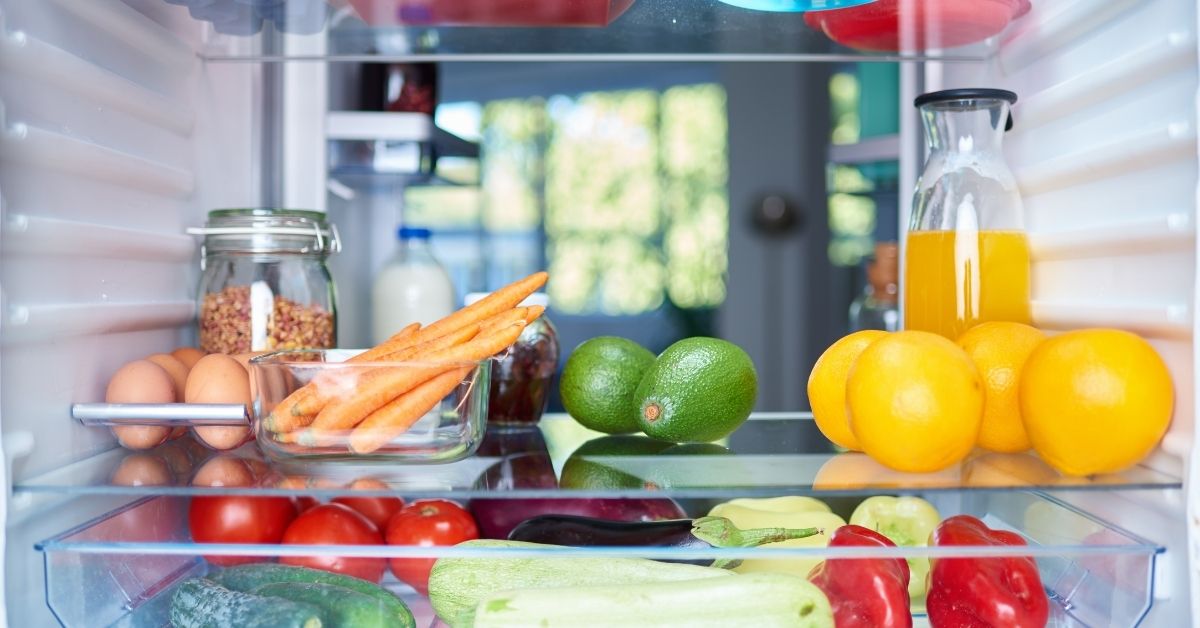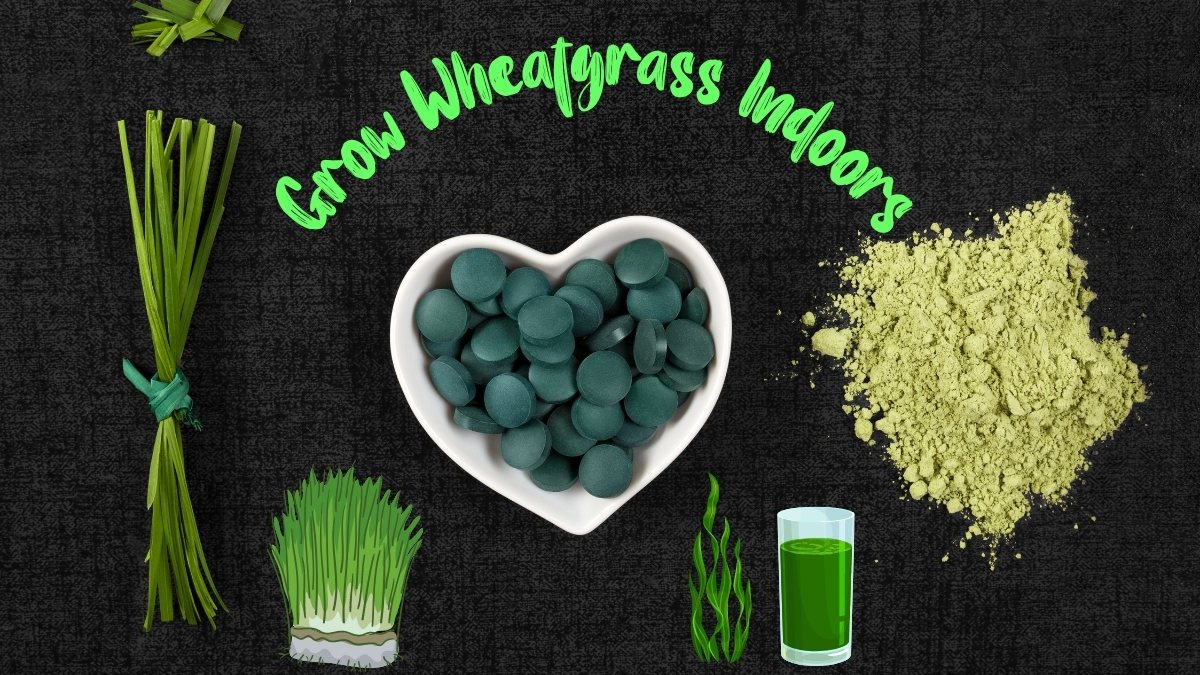The equivalent of wasting money is wasting food.
With these helpful hints, you’ll be able to keep food fresh for longer and spend less money. You can also watch the extremely helpful video under the article. Here are the ways to keep food fresh longer in your kitchen.
There are several foods that have a shelf life that is far longer than one may think. However, for every jar of honey or can of beans, other items appear to go bad as soon as you bring them into your house. In point of fact, you probably are not properly keeping a good portion of your goods.
Take advantage of these hints, suggestions, and ideas for making use of leftovers to extend the life of your fresh vegetables, milk, meat, and other foods. Because decreasing the amount of food that is wasted is beneficial to both your money and the environment.
20 Clever Ways To Keep Food Fresh Longer
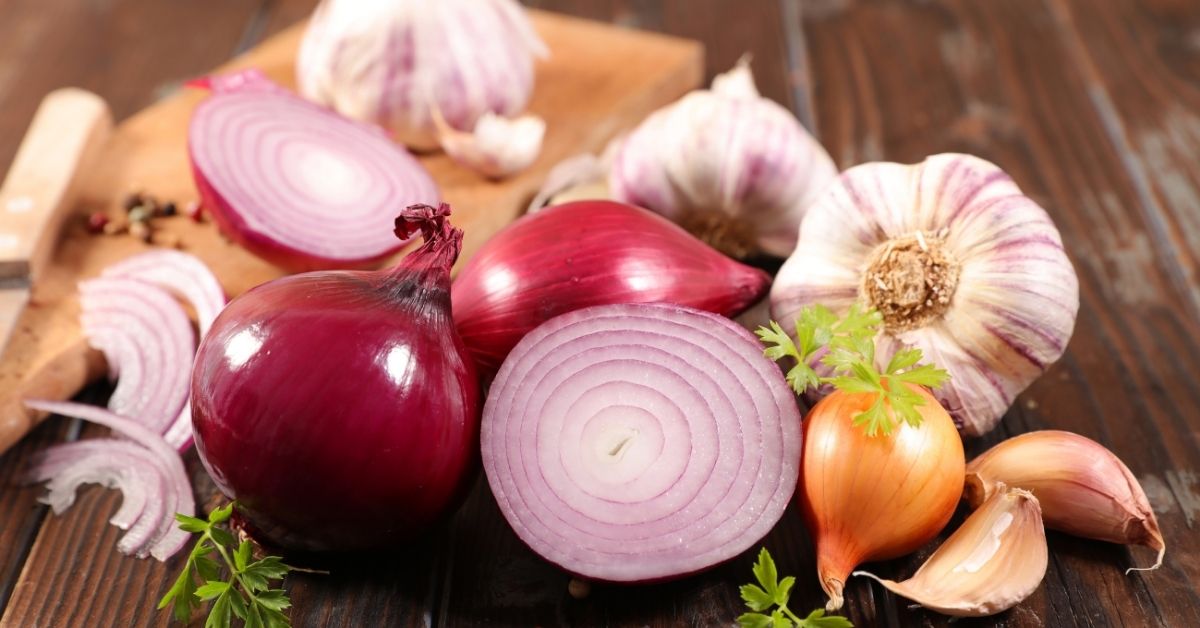
1. Place onions in pantyhose to store them.
Put onions in pantyhose and tie a knot between each one. Then, hang the pantyhose in an area that is cool and dry. Onions stored in this manner will keep for up to eight months. When kept away from surfaces and in a cool and dry location, onions have a longer shelf life.
You might want to read this: 3 Working Ways For Severe Eczema Treatment (Dermatitis)
2. Make green onions last
Prepare the dried green onions by chopping them up and storing them in an empty and clean plastic water bottle. Place the plastic bottle in the cold storage compartment. When you find that you require green onions, simply sprinkle some on.
3. Place the herbs into a sealed plastic bag.
When you want to keep delicate herbs like parsley, basil, cilantro, and chives fresh for longer, place them in a plastic bag, secure the bag with a rubber band, and place the bag in the refrigerator. This will prolong the plants’ period of freshness.
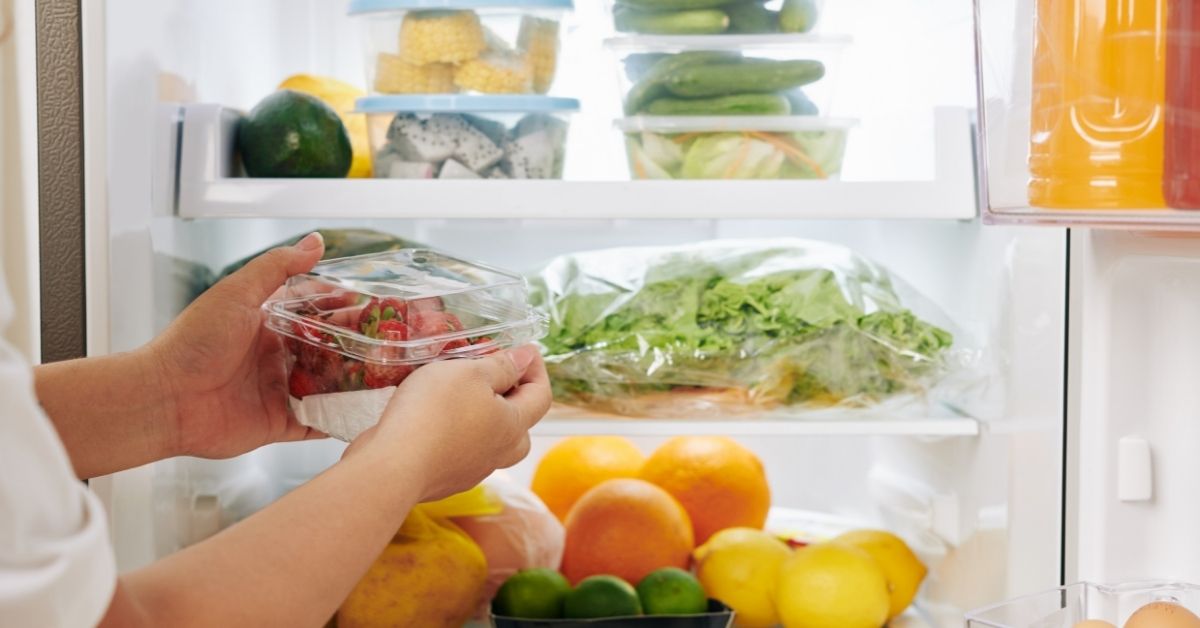
4. Oily herbs require a different storage method.
Herbs with high oil content, such as thyme, should be rubber-banded together in a loose bundle, then hung in the open air.
5. Preserve the freshness of berries with a solution of vinegar
To make a sauce for the berries, combine one part vinegar (either apple cider or white vinegar) with ten parts water. Stir the mixture.
The vinegar has been diluted to the point that it is no longer detectable by flavor, but it is still powerful enough to prevent the berries from becoming mushy and moldy. Place the berries in the refrigerator to chill. Both strawberries and raspberries may be kept fresh in the refrigerator for up to a week and a half.
You might want to read this: Eat These Organic Foods For a Perfect Tan This Summer!
6. Prevent the color of the guacamole from becoming too brown.
Leave the pit in the avocado when keeping leftover guacamole, spritz it with olive oil or lemon juice, and then cover it with plastic wrap before placing it in the refrigerator. This will keep the guacamole fresher for longer. Guacamole will not turn brown as a result of this action.
7. Potatoes
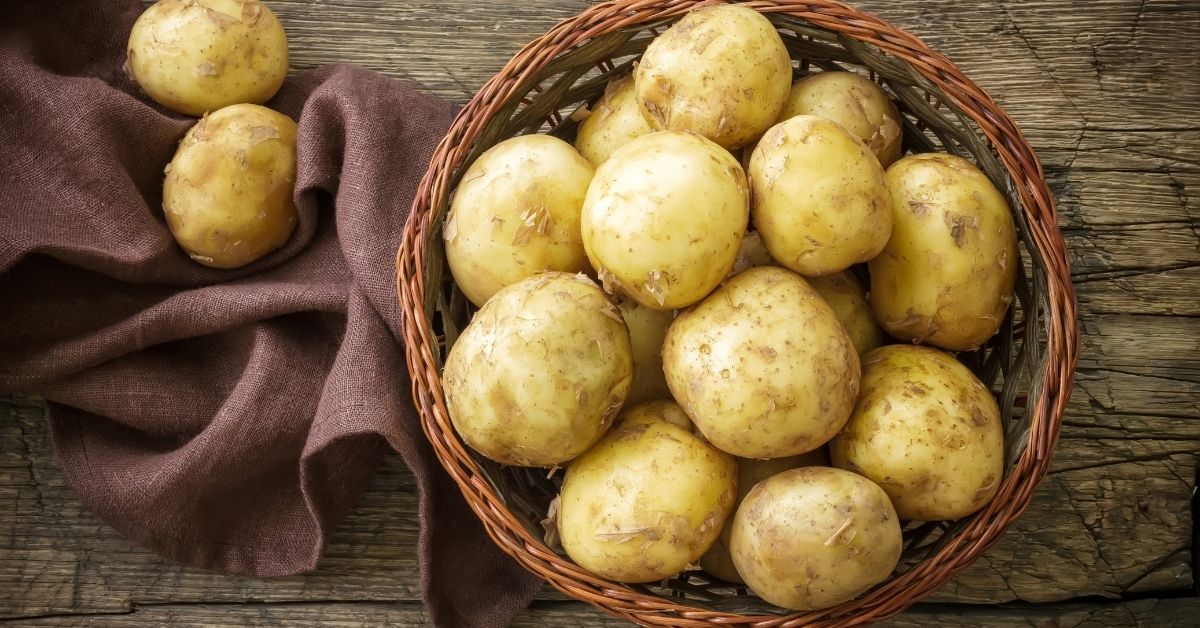
Because onions hasten the spoiling process, potatoes should not be stored with them. However, if you want to prevent the potatoes from sprouting, you may store them alongside apples.
8. Apples
Discard any apples that are spoiled in order to prevent the entire bunch from becoming spoiled.
9. Cheese
To prevent the cheese from drying out, rub some butter on the side that has been sliced.
10. Freeze herbs in olive oil
Place some chopped herbs on each cube in an ice cube tray and fill the remaining space with olive oil. The herbs will impart their flavor into the oil during the freezing process.
When you’re ready to cook, just remove an oil cube that has been infused with herbs. The rosemary, sage, thyme, and oregano all perform well when used in this technique. Fresh is always preferable when it comes to using herbs like mint, basil, and dill.
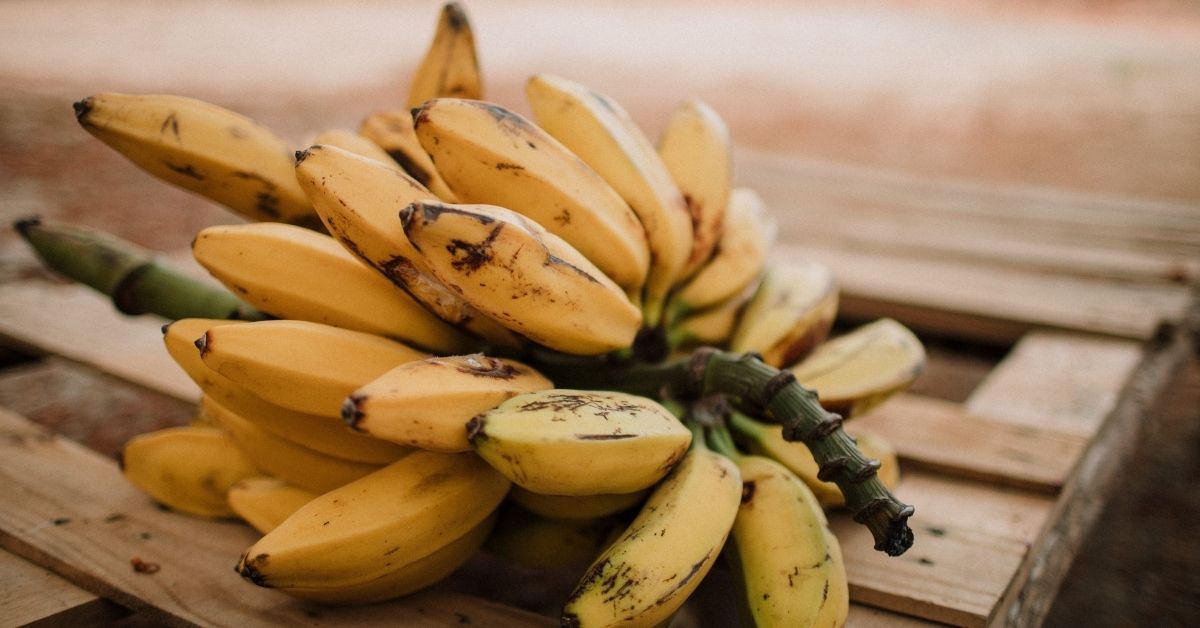
11. Make bananas last longer
If you take a bunch of bananas and wrap the stem end in plastic wrap, you may extend their shelf life by three to five days. Additionally, because bananas emit ethyne gas at a higher rate than any other fruit, keeping them in a separate location is better.
12. Vegetables
Before placing vegetables like celery, broccoli, and lettuce in the refrigerator, wrap each one in tin foil. This will ensure that the vegetables remain crisp for at least four weeks.
13. Tomatoes
Store tomatoes in an area that is out of direct sunlight and at room temperature. Place them with the stem side facing up in a single layer. Do not place them in plastic bags since doing so will hasten the rate at which they go bad.
14. Mushrooms
Place the mushrooms in a paper bag (not a plastic bag), and either put them in the refrigerator or store them somewhere cool and dry.
15. Roasted nuts have a longer shelf life.
Spread nuts out on a baking sheet, and then roast them in the oven at 350 degrees Fahrenheit for around 15 minutes before putting them away. After they have reached the desired color and aroma, set them aside to cool and then place them in the freezer. They will also have a much longer shelf life and taste much better.
16. Ginger
Ginger will keep for a longer time and be much simpler to grate if stored in the freezer.
17. Eggs
Place the cartons of eggs on the shelf in the center of the refrigerator. This will make eggs last 3-4 weeks longer. (past the sell-by date)
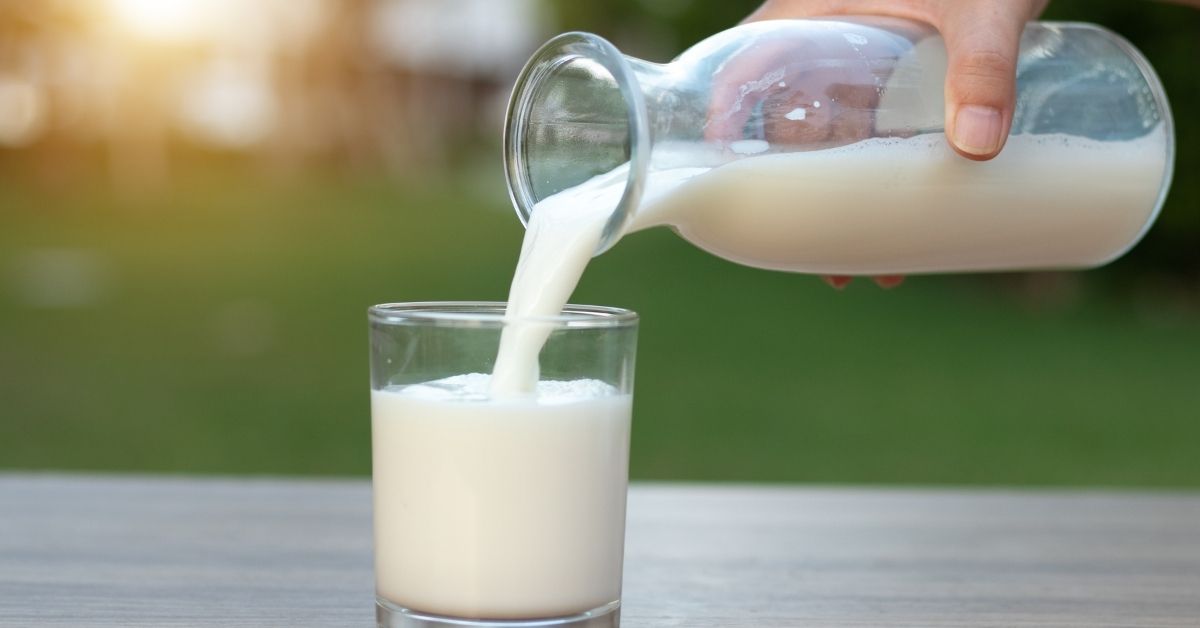
18. Place the milk in the center of your refrigerator.
Milk is extremely sensitive to shifts in temperature, and if it is kept on the door of the refrigerator, it will be affected each time the door is opened and then not immediately shut again.
Because the temperature there very much stays the same and does not vary as it does in the door, the middle shelf of your refrigerator is a safer spot for your milk to be stored than the door.
You might want to read this: How to Lose 50-100 Pounds (Not In A Week But QUICKLY)
19. Asparagus
Store asparagus the same way you would store cut flowers to help it last longer. After the stems have been trimmed, lay them in a water bowl and cover them with a plastic bag before placing them in the refrigerator.
The asparagus will maintain its wonderful flavor and crisp texture for one additional week. Parsley, basil, cilantro, and chives are just some of the herbs that might benefit from this technique.
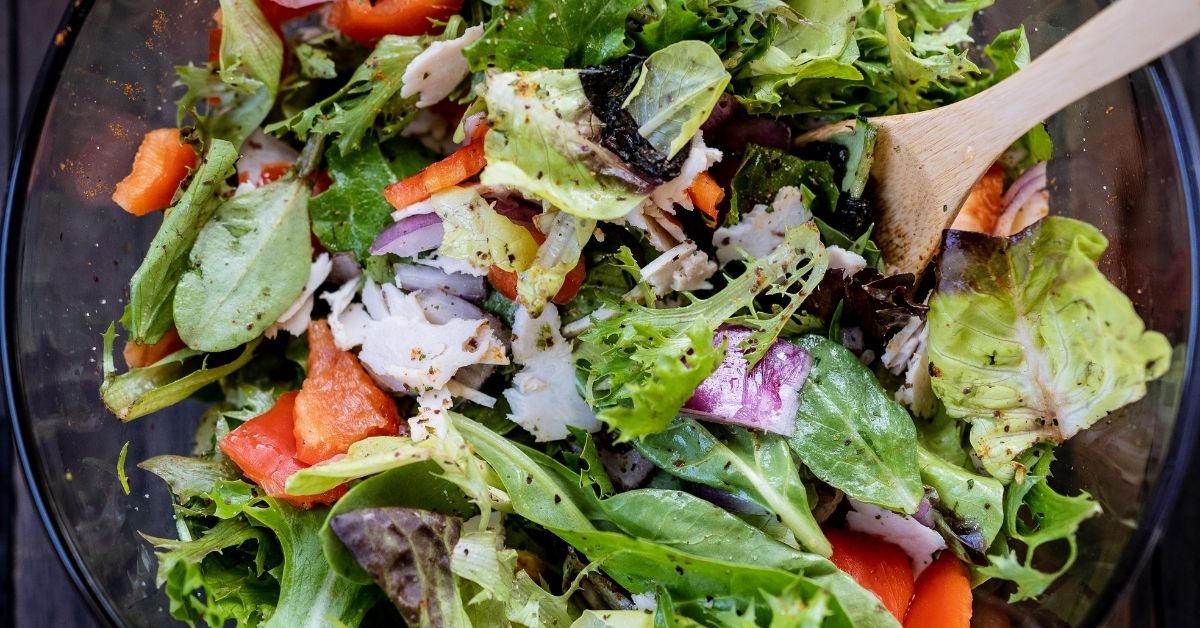
20. Make salad greens last longer
Keep your salad greens fresh for longer by storing them in a dish wrapped with plastic wrap and adding a paper towel on top to absorb excess moisture. You should also consider purchasing a salad spinner, which will assist in removing excess moisture from greens, which is the primary cause of leaves becoming brown and wilting.
More Useful Guidelines
Ways To Make Your Food Last Longer doesn’t end here. Keeping food in mason jars can help it retain its freshness for much longer. Plastic products might potentially contain hazardous chemicals, and they leave stains.
Clean your refrigerator. Even after removing the offending item from the fridge, mold spores can still be left behind and spread to other foods, putting them at risk of becoming contaminated. If you disinfect your refrigerator, the food that you put inside will have a longer shelf life.
You might want to rad this: 10 Tips To Use Protein Shakes for Diet and Weight Loss
To prevent the possibility of cross-contamination, which can result in wasted food, vegetables and meat should never be stored together in the same drawer.
Don’t stuff your refrigerator to the brim with food. An overstuffed fridge will have poor air circulation, which will result in the presence of heated areas that might cause food to go bad.
Get an ethylene gas absorber for your fridge. These tiny pods have the ability to absorb the gas (ethylene) that is given out by fruits and vegetables, allowing them to maintain their freshness for up to three times longer.
